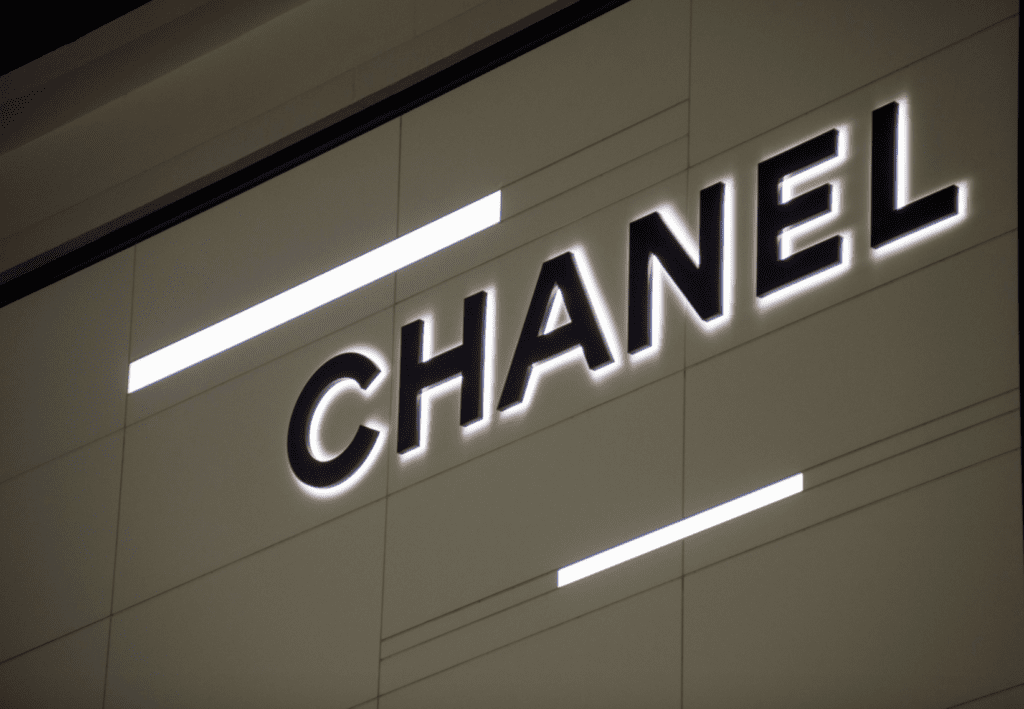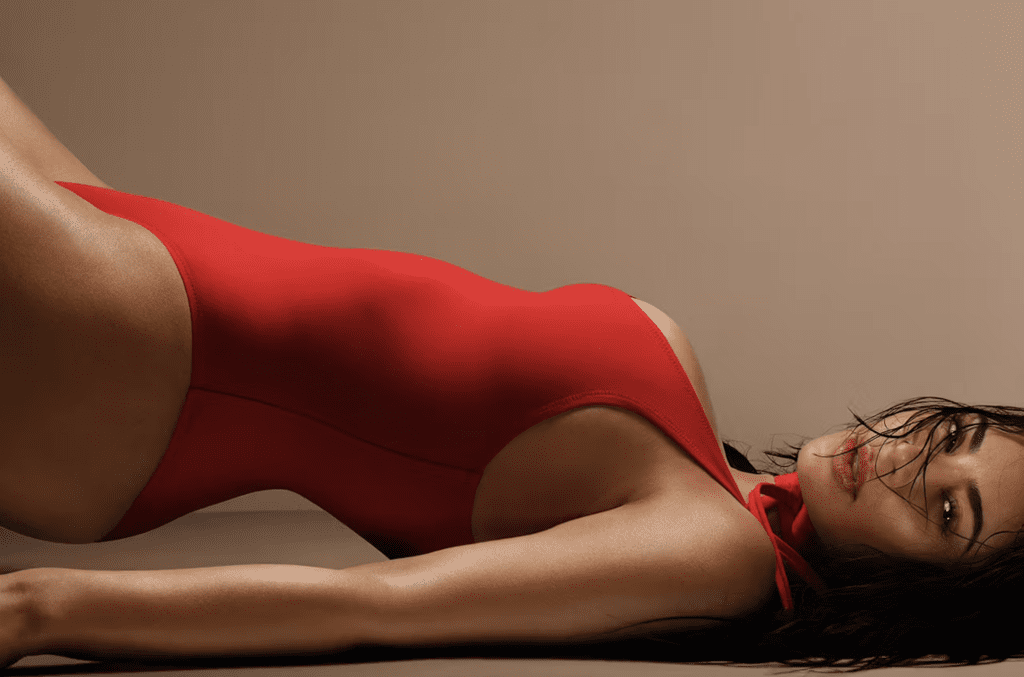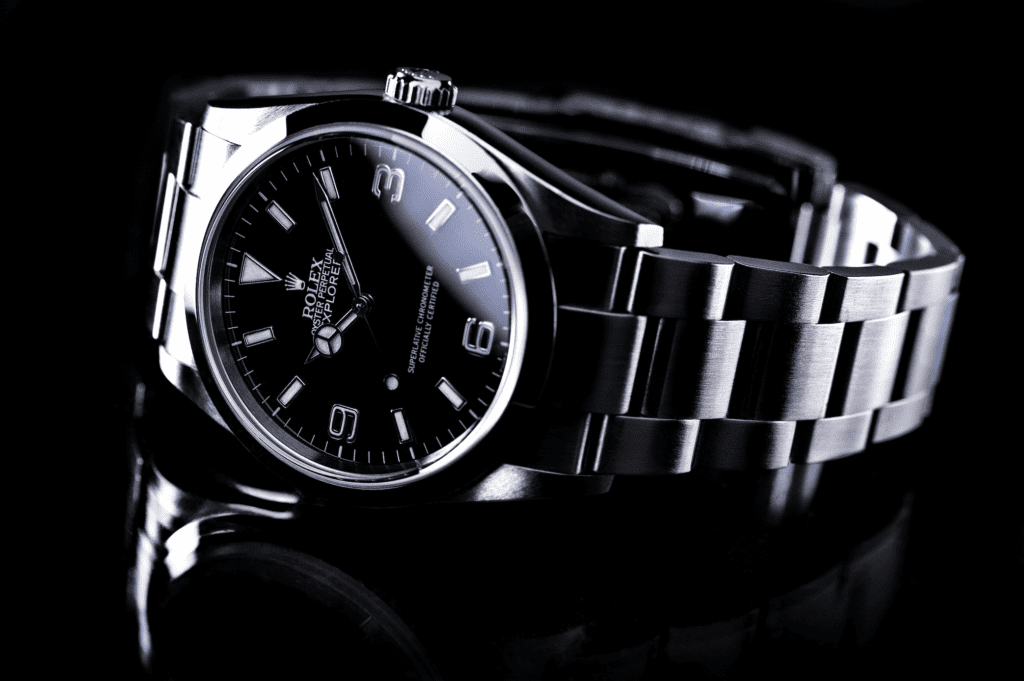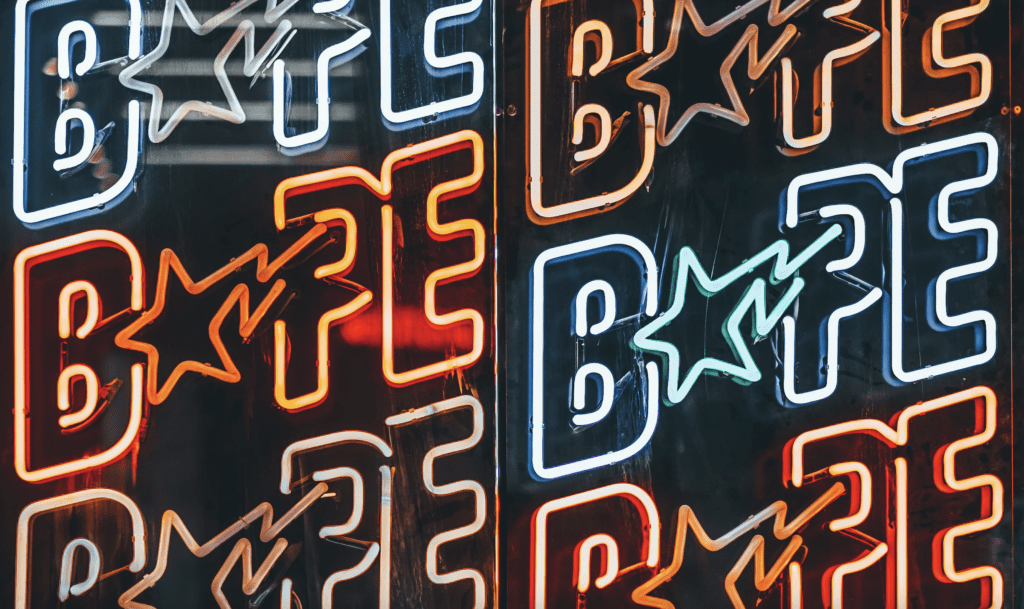In one of the latest rounds of their ongoing trademark trial, Chanel and What Goes Around Comes Around (“WGACA”) are clashing over quotes attributable to the brand’s late founder. In a letter to Judge Stanton of the U.S. District Court for the Southern District of New York on Monday, counsel for Chanel sought to bolster its argument that “a quotation attributed to Coco Chanel operates as indicia of Chanel provides a basis for its false association or false endorsement claim.” The luxury brand has asserted from the outset that the reseller uses the content on its social media accounts – including references to Gabrielle “Coco” Chanel – “to create the impression that [it] is a partner or affiliate of Chanel or an authorized or approved retailer or distributor of Chanel,” thereby, running afoul of the Lanham Act.
Chanel’s Letter to the Court
In furtherance of its argument that WGACA’s use of Coco Chanel quotes, including “Simplicity is the keynote of all elegance” in connection with a #WGACACHANEL sale, is sufficient to provide a basis for its claim for false association or false endorsement under 15 U.S.C. § 1125(a) (“Section 43(a)”), counsel for Chanel makes two key assertions:
First: Chanel maintains that it is “well established that ‘[a] celebrity has a similar commercial investment in the ‘drawing power’ of his or her name and face in endorsing products and in marketing a career … [T]he celebrity’s rights also implicates the public’s interest in being free from deception when it relies on a public figure’s endorsement in an advertisement.’”
And second: Chanel argues that courts in the Second Circuit have “broadly construed what constitutes indicia of, or evokes, a person’s persona or identity,” and thus, “a quote expressly attributed to Coco Chanel squarely fits within these criteria and supports Chanel’s § 43(a) false association claim.” In support of that point, Chanel cites a number of decisions, including the Second Circuit’s 2000 determination in EMI Catalogue P’ship v. Hill, Holliday, Connors, Cosmopulos Inc., in which the appeals court held that “courts … have found that other distinctive identifying features merit protection as marks under § 43(a), includingan entertainer’s distinctive voice, a celebrity’s persona, and even the distinctive features of a car used in a television program.” (Italics courtesy of Chanel.)
Chanel also highlighted a separate suit waged by Cousteau Soc’y, Inc., in which the District of Connecticut found in 2020 that Jacques Cousteau’s granddaughter’s publicization that she was launching a commercial endeavor “on my grandfather’s birthday (he would have been 105 years old)” and her use of images of others wearing Cousteau’s famous “red cap” was “sufficient to evoke Jacques Cousteau’s identity for a claim under § 43(a)).” The latter case is particularly relevant here, as Chanel claims that WGACA launched a week-long sale (in connection with which the Coco Chanel quote at issue was used) on August 24, 2017 to “celebrate” the founder’s birthday.
With these decisions in mind, Chanel asserts that “the unauthorized use of a quote for a commercial purpose can support a § 43(a) claim,” noting the “there is no requirement that a right of publicity or copyright claim be alleged.” (Note: Chanel does not lodge either right of publicity violation or copyright infringement claims in the case at hand.) Instead, it argues that Section 43(a) – which provides a cause of action for false advertising or false association claim – “forms the basis for the use of quotes attributed to Coco Chanel by WGACA, particularly given the commercial exploitation of such quotes to promote WGACA’s business and sale of CHANEL-branded products,” the plaintiff argues.
WGACA’s Brief on Quotes, Right of Publicity
In a filing of its own Monday, counsel for WGACA lodged a brief with the court “on issues related to Chanel’s improper implication of quotes and the rights of publicity of Coco Chanel.” Primarily, WGACA asserts that neither quotes nor short phrases are generally copyrightable, and thus, “the quotes from Coco Chanel that Chanel has implicated are not copyrightable.” At the same time, WGACA asserts that “Chanel has not sued for copyright infringement and in order to have done so, Chanel would have needed to register the copyrights in the works allegedly being infringed.” Since no such registrations exist, WGACA claims that “the suggestion by Chanel … that there is something improper about WGACA using quotes of Coco Chanel is misleading, prejudicial, and improper.” In short: “WGACA along with anyone else, may lawfully quote Coco Chanel,” the defendant argues.
WGACA also takes issue with what it calls “repeated efforts by Chanel to back door the law on the rights of publicity by suggesting that WGACA’s use of Coco Chanel’s name and image is somehow wrongful is improper.” Despite “never making a claim against WGACA [over its] use of Coco Chanel’s name and image,” something that would require Chanel to “establish that Chanel owns the now long deceased Coco Chanel’s rights of publicity presumably via assignment from either Coco Chanel or her estate if such rights are even assignable,” WGACA claims that Chanel has “repeatedly and improperly sought to suggest to the jury that WGACA’s use of Coco Chanel’s name and likeness is wrongful.” (Counsel for WGACA notes that while it does not know why Chanel has not made a right of publicity claim, “we can presume that either (1) Chanel cannot establish lawful ownership of such publicity rights or (2) Chanel knows the claims are barred by the statute of limitations.”)
Against that background, WGACA requests that the jury be instructed by the court before the end of the trial that “there is no claim in the case that WGACA’s use of Coco Chanel’s name, likeness and image and quotes are unlawful.”
The case is Chanel, Inc. v. What Goes Around Comes Around, LLC, et al., 1:18-cv-02253 (SDNY).











